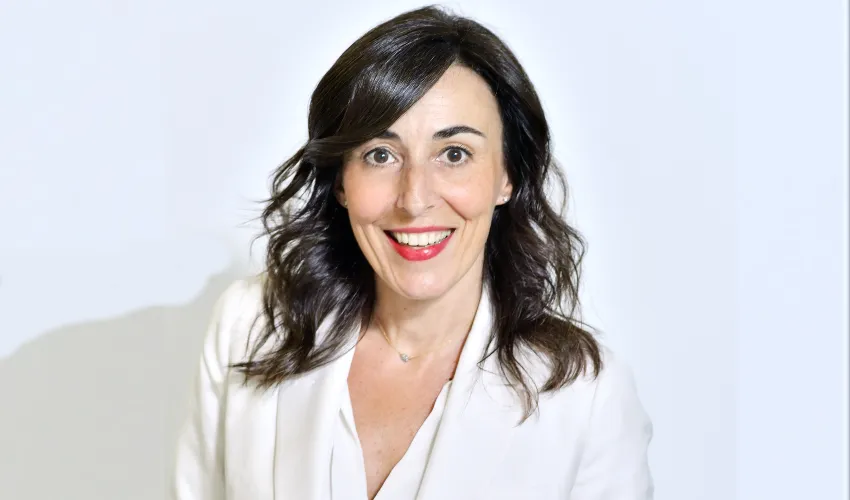
Measuring the Value of Corporate Contribution to SDGs
If you can't measure the financial effect of non-financial indicators, the latter tend to become public relations tools rather than producing real impact on corporate decision-making. Furthermore, the shift towards non-financial measures makes other expertise explicitly more relevant than that of accounting professionals.
Ariela Caglio (Department of Accounting) addresses these topics in the research project "Calculating sustainability: making accounting and accountants central again", with Paolo Quattrone (University of Manchester). The two scholars propose developing a Sustainable Value Table (SVT) to combine into a single matrix financial and sustainable measures – in particular, the measures related to UN Sustainable Development Goals (SDGs).
"Along the vertical axis, the SVT will highlight how a company produces and re-distributes value among stakeholders. Along the horizontal axis, the STV will enumerate the various SDGs; creating a space where companies can reflect, innovate and disclose how to pursue the creation of value while supporting SDGs. The SVT will bring environmental and social issues back into the calculation of financial measures and make the accounting profession central again to the process of making organizations accountable for their financial, social and environmental conduct," Professor Caglio says.
The project has recently received a £25,000 Chartered Institute of Management Accountants (CIMA) Experienced Researcher Grant, with Professor Quattrone as principal researcher and Professor Caglio as co-investigator.
CIMA is a UK-based professional body that offers training and qualification in management accountancy and supports research in this area with specific grants. The grant is the result of a competitive process. The research application has been peer reviewed by external academics and practitioners, who decided to fund six projects (counting both early career and experienced researcher grants) out of 71 applications.